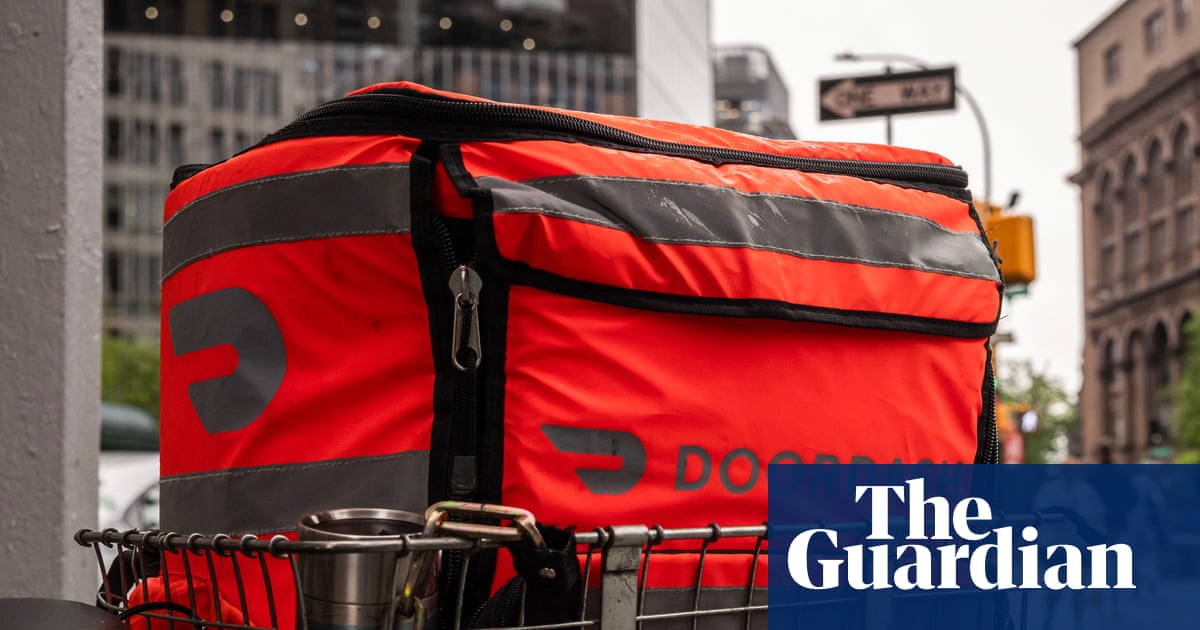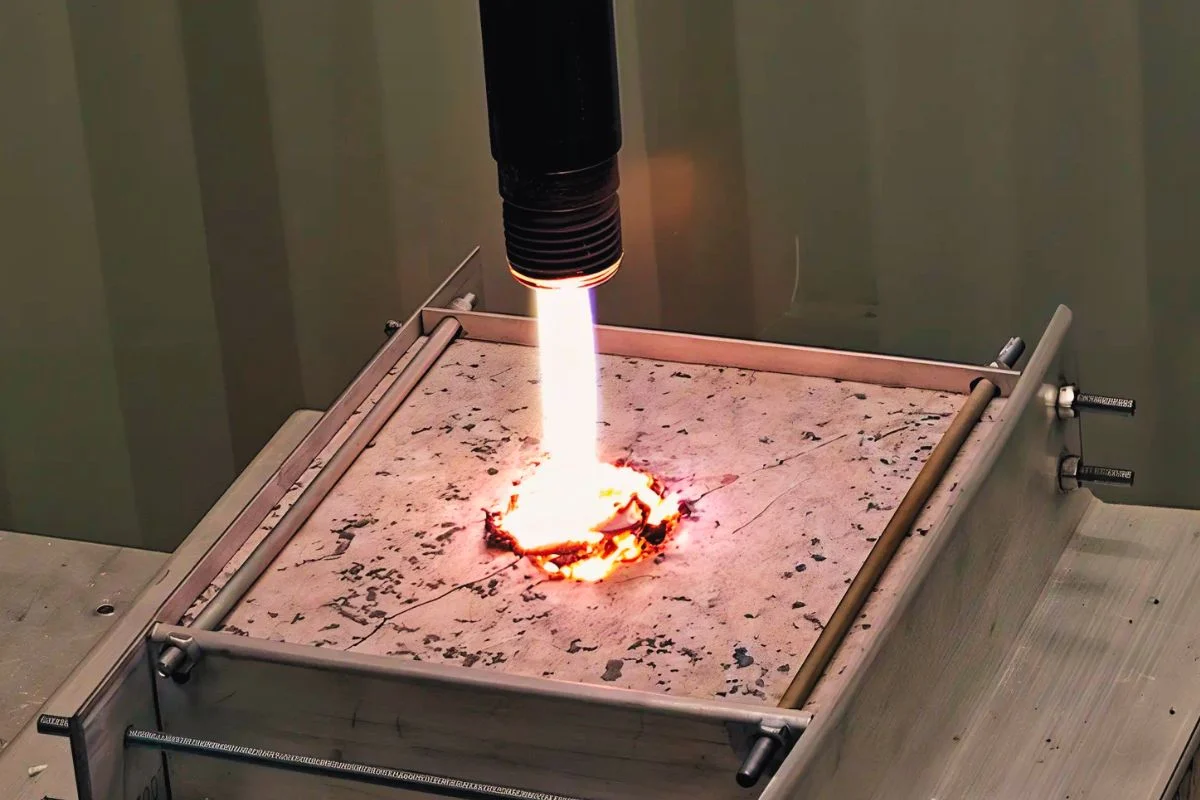Queensland’s AI Traffic Cameras Exposed: Hidden Privacy Risks and $137M in Fines Revealed
What if the camera that just snapped your license plate also captured your privacy? Queensland's AI-driven traffic cameras are racking up millions in fines—but a new bombshell report suggests they could be crossing the line in more ways than one.
Let’s set the scene: In Queensland, hi-tech cameras powered by artificial intelligence have been silently policing the roads—catching drivers texting, scrolling, or skipping seatbelts. These digital watchdogs are so efficient that in just the past year, they made a staggering 208 million assessments, leading to over 114,000 fines and more than $137 million deposited into government coffers. But now, a scathing audit has called foul, warning that these cameras could be putting your privacy on the line.
The Queensland Audit Office dug deep and found that the Department of Transport and Main Roads (TMR)—the agency running these AI cameras—skipped major ethical risk checks. That means basic questions about how your photos are stored, whether the AI makes mistakes, and if real humans are double-checking the tech were never really answered. And it gets worse: Even the department that wrote Queensland’s official AI ethics policy barely keeps track of how agencies actually use artificial intelligence. The oversight is so thin, you could drive a truck through it.
So what’s at stake? Imagine getting a fine in the mail, only to discover the process that decided your guilt wasn’t as transparent or fair as you thought. The audit revealed that while the tech is supposed to make life easier by filtering out clear non-offences, no one really knows if it’s doing that job correctly. Out of those 208 million camera checks, only about 137,000 were reviewed by humans. The rest? Up to the AI, with little transparency about how those decisions are made or challenged.
Transport Minister Brent Mickelberg insists the system is safe, reiterating that privacy is treated "extremely seriously." He points to new strategies like the 'AI Strategic Roadmap'—a plan for stronger oversight and protection. But critics, like lawyer Hayder Shkara, argue that if the government wants the public to trust these systems, they must prove their AI is not just effective at catching rule-breakers, but also ethical and accountable. Because right now, some drivers are thinking less about safety—and more about whether these cameras are just a high-tech cash grab.
This AI generated newscast about traffic surveillance is part of a bigger story—that across Australia, automated tech is quickly taking over the roads. From smart sensors to traffic cameras, authorities are banking on AI to manage congestion and enforce the rules. But as these systems become more advanced, the debate over privacy, fairness, and how our personal data is handled isn’t going away. Regulators are now under pressure to beef up transparency and ensure that technology serves the public, not the other way around.
As Queensland rolls out its new 'AI roadmap,' the question remains: Will these changes be enough to balance safety with privacy—or will drivers keep feeling like they’re being watched for all the wrong reasons? The conversation around AI generated newscasts about government surveillance is just heating up.
















